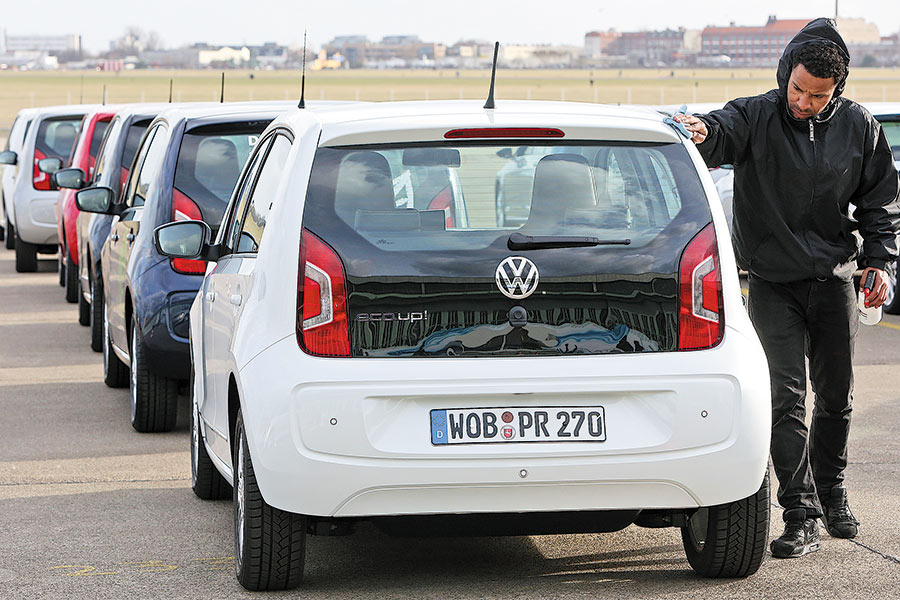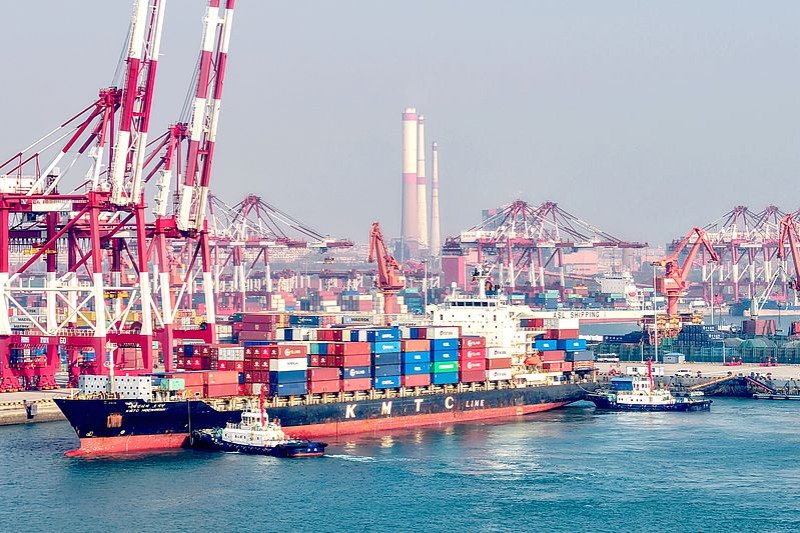Germany announces new concept for car after 'dieselgate' scandal


Government pushes to make existing engines even cleaner
BERLIN - German Transport Minister Andreas Scheuer announced on Friday that his government is preparing to unveil a new concept to lower nitrogen oxide emissions from vehicles affected by the "dieselgate" scandal.
"We will consider technical options to make existing vehicles even cleaner," Scheuer said in a video message published online. Although the transport minister did not reveal any further details about the initiative, he appeared to backtrack on his ministry's earlier opposition to any changes to diesel vehicles other than less comprehensive software updates offered on a voluntary basis by Germany's powerful automotive industry.
Scheuer warned that there would be no future for diesel vehicles unless carmakers "showcased their willingness" to ensure its sustained viability as a clean and efficient propulsion technology.
He argued that looming driving bans imposed by municipal governments in response to the diesel emissions scandal meant that it had become necessary to offer citizens more security.
Following revelations that carmakers installed illicit defeat devices to understate NOx emissions from diesel exhaust systems, a landmark ruling by the German Federal Administrative Court in Leipzig has enabled German cities to unilaterally ban polluting vehicles from their streets to ensure compliance with European Union clean air regulations.
Hamburg has already a partial ban, with Stuttgart and Frankfurt scheduled to follow suit in 2019.
The German Federal Environmental Agency has estimated that diesel cars are responsible for more than 50 percent of NOx emissions in Germany which are harmful to human health. NOx levels currently exceed binding limits set in EU clean air legislation in several major German cities, prompting the European Commission to file an ongoing lawsuit against the federal government in Berlin at the European Court of Justice.
German carmakers have repeatedly resisted calls for hardware updates to diesel motors on the grounds that they would be too expensive, volunteering to offer cheaper and less complicated motor software updates instead.
So far, German Chancellor Angela Merkel's coalition government has shown leniency towards the economically-significant automotive industry while inconclusively debating the issue within cabinet for several months. The chancellor and Scheuer have previously sided with German carmakers, while Minister for the Environment Svenja Schulze has echoed demands by the Federal Environemtal Agency for mandatory hardware upgrades to be conducted as well.
Merkel has announced that a final decision would be reached by the federal government in September. Speaking to the press on Friday, a spokesperson for the ministry of transport said that earlier "technical, legal and financial" concerns raised by Scheuer over hardware upgrades remained "valid".
Nevertheless, his colleague Schulze welcomed the news of a vague new "concept" on diesel emissions as a "sign of hope for all of those who want clean air in cities and who must fear driving bans for no fault of their own". "Technical upgrades are the best and fairest way out of the diesel crisis," Schulze added.
She hereby expressed confidence that the German government would work together to ensure that carmakers assumed responsibility for the measures rather than leaving customers to shoulder any resulting costs.
The video message by Scheuer was published on the same day as the German Environmental Aid group released independent test, results according to which even the newest Euro 6 diesel motor types released 5.5 times more NOx emissions on average than permitted under EU law. Only 8.4 percent of vehicles tested by the German Environmental Aid group complied with regulatory limits. For the group's president Juergen Resch, the findings were a damning indictment for carmakers, as well as the federal government. "Enough is enough," Resch said.




































